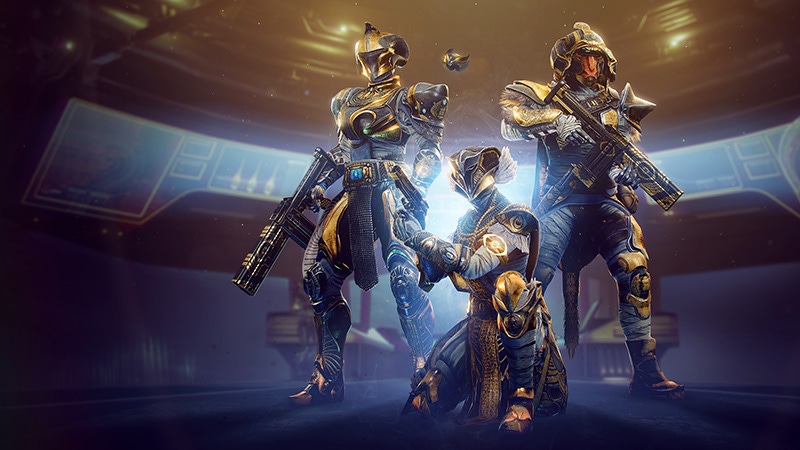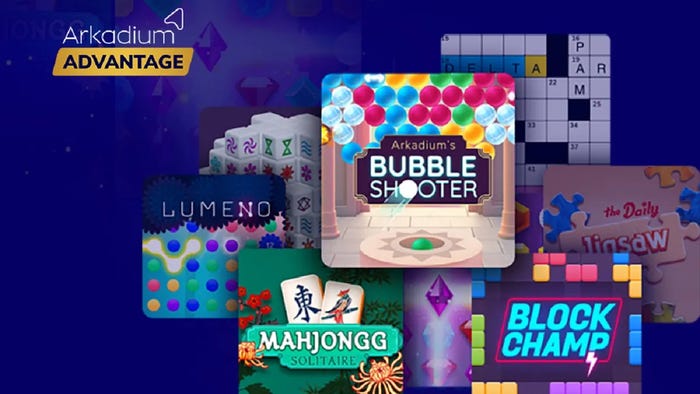The recent grant issued by DHS will allow researchers to develop resources to monitor extremist groups, and then create workshops to prevent those groups from spreading.

As spotted by Vice, the US Department of Homeland Security issued a $700,000 grant to researchers of terrorism and security to investigate video games being used to radicalize players. Among the recipients is mental health advocacy group Take This.
Founded in 2013, Take This is a non-profit organization that works to decrease the stigma of mental health in both the industry and game enthusiast community. A few days ago, they unveiled their interest in researching online extremism at the Game UX Summit.
"Over the past decade, video games have increasingly become focal points of social activity and identity creation for adolescents and young adults," reads the grant on the DHS website. "Correspondingly, extremists have used video games and targeted video game communities for activities ranging from propaganda creation to terrorist mobilization and training."
A spokesperson for Take This explained to Game Developer that the grant will supports the organization's core mission. "Rising occurrences of hate, harassment, and extremist radicalization within these spaces have personal and societal repercussions on safety and well being, including mental health," said research director Dr. Rachel Kowert. "The grant will be funding research into better exploring the scope and breath of this issue and developing industry-specific solutions to mitigating them."
Fellow grant recipients include Middlebury Institute's Center on Terrorism, Extremism, and Counterterrorism (CTEC), Logically, an online company attempting to stop toxic online behavior.
In order to understand extremism in games, the three groups will develop resources to monitor and evaluate extremist activities. Additionally, the three will establish "training workshops for the monitoring, detection, and prevention of extremist exploitation in gaming spaces."
Talking to Ars Technica, CTEC's deputy director Alex Newhouse said research would begin with online games that "essentially act like social platforms," such as Roblox or Destiny. "It is very, very clear in our conversations with the video game industry that they are not fully cognizant of the budding problem that they have on their hands," he said.
The lack of awareness and research about extremism in games communities is what drew Kowert. As she explained to Vice, she shifted focus to extremism once she realized it "was an area that was very under-researched (and by under researched, I mean there was literally none)."
Games have always had an extremist problem
White nationalists have been in the games space for years, and both they and other extremist groups have thrived online as a result. In a 2020 report, DHS deemed white supremacists as the "most persistent and lethal threat" in the United States.
Attempting to eliminate white supremacist ideology from games will take more than $700,000 (and frankly, a substantial overhaul of the industry from top to bottom). But calling real attention to the problem is what the industry has needed for some time, and can lead to even more eyes on the subject.
Newhouse's hope is that his group's research will result in developers, who he said had to "be scared" into sharing player data for research purposes, taking better measures against extremism. Currently, the onus falls on players to report hateful speech, but that method is no longer completely viable, he argued.
“I want game developers, especially big ones like [Roblox Corp.] and Microsoft, to have dedicated counterextremism in-games teams. In these days, we need to push to be that sophisticated on the games industry side as well.”
Update 9/28: This story has been updated with comment from Dr. Rachel Kowert of Take This.
About the Author(s)
You May Also Like









